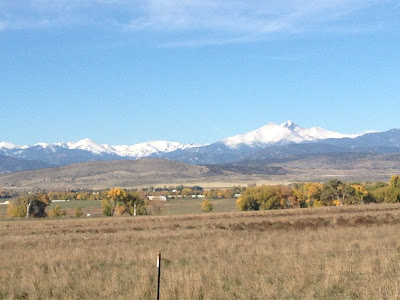The 2-day workshop Managing the Complexities and Uncertainties of Soil Sequences for Hydrogeologic and Geotechnical Projects: Part 1, Principles was a remarkable experience for me because of the stories shared by the participants about how this course relates to their work and how it clarifies issues about subsurface characterization. For example, contrasting simple terms between "characterization" and "mapping" can have an immediately positive impact about how we understand and approach our investigative work. Simple!
Special thanks to Rose Jefferies and everyone at the Pennsylvania Council of Professional Geologists who helped along the way....and Eileen Jenkins at West Chester University for administering the continuing education credits. Great job!
 |
| Tim Kemmis and Alan Stone trading secrets to their soil classification techniques. |
 |
| Katie Aguliar leading the way through the gINT computer sessions. |
 |
| Thank You Bentley Systems for granting access into your Headquarters |
Despite my pride in the instructors dedication and thoughtful preparation and performance during the workshop - ie Martin Helmke, Tim Kemmis, David Hart, and Katie Aguliar - it is humbling to see the connection between people and know we are all working together in a positive way toward responsible global stewardship. Awesome!
Next year will build upon this year's Principles with "Part 2, Field Techniques". Login to midwestgeo.com for more details about the workshop and registration discounts.






















